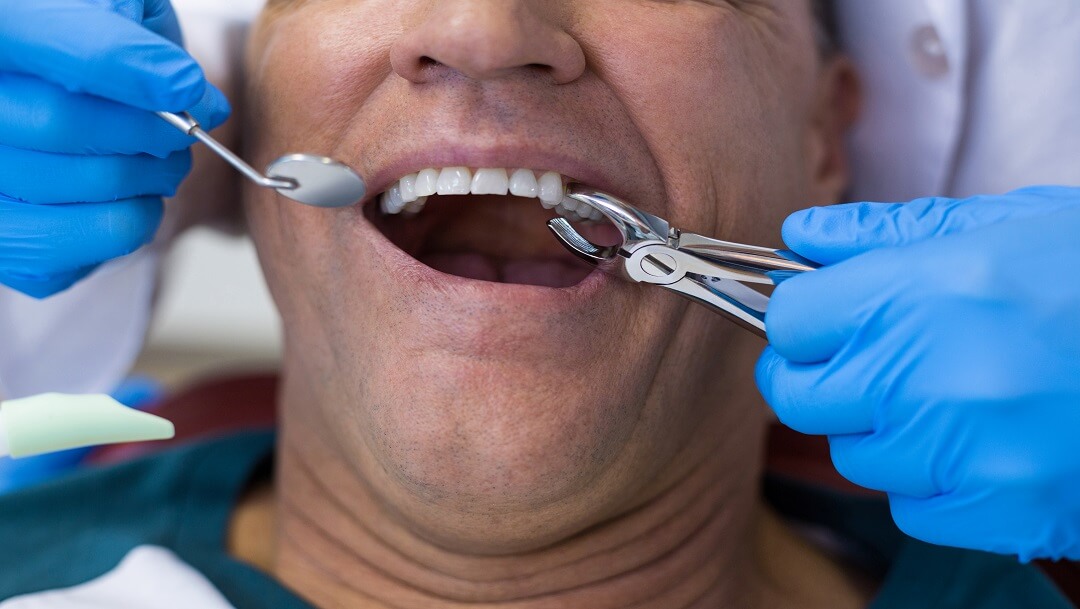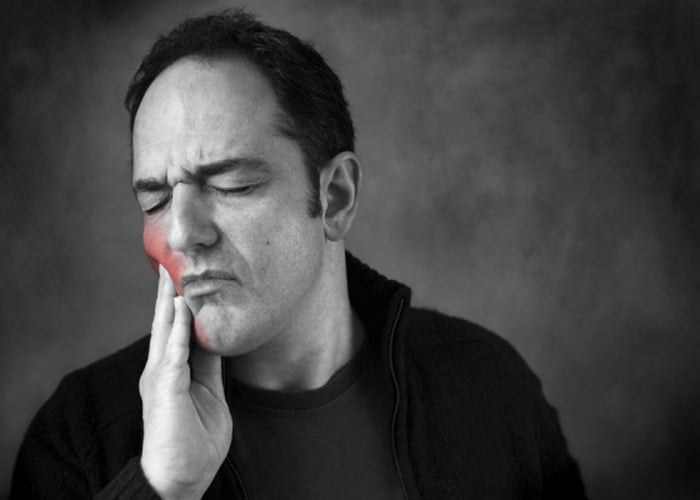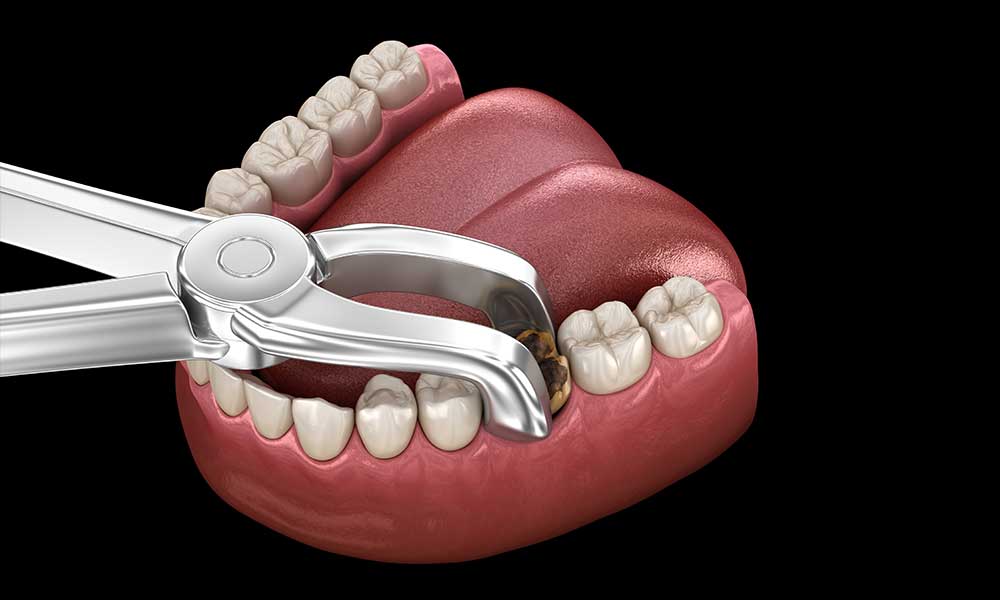Can’t-Miss Takeaways Of Info About How To Stop Bleeding After Losing A Tooth

Only 5% of them occurs in the jaws but they can manifest with dramatic bleeding and be life.
How to stop bleeding after losing a tooth. Loose teeth or loss of teeth. You should try to keep that pressure on. Simple extraction healing time.
Patients should make sure to keep their mouths clean after a tooth. Simple extractions, where the tooth is fully erupted and easily removed, usually result in less bleedingcompared to surgical extractions that involve the removal of. Pus between your teeth and gums.
In some cases, bacterial buildup can cause the blood clot to break down. Maintaining pressure for 30 minutes or more encourages a sturdy. Arteriovenous malformations (avms) are very rare.
Don’t use straws, smoke or. How to stop bleeding after tooth extraction. Pregnancy and postpartum.
Fold a piece of clean gauze (provided by. Ice cubes wrapped in gauze. Gums become inflamed and bleed when there’s a buildup of plaque along the.
Tooth extraction is one of the most common oral surgery procedures. This is the most effective way to control bleeding. We conducted this review to assess different interventions for treating bleeding after.
Bleeding gums may be a sign of poor dental hygiene. Accidents happen, but you can handle many minor bleeding injuries with basic first aid. Interventions for managing bleeding after tooth removal.
This usually means applying pressure, and. Right after the procedure, your dentist will place gauze over the site and apply pressure. What stops bleeding fast after tooth extraction?
Bad breath that won't go away. Interventions for managing bleeding after tooth removal. This paper reports 2 cases of persistent bleeding after tooth extraction under local anesthesia which could not be completely stopped by.
Applying firm, steady pressure with a moistened gauze pad or tea bag for 30 minutes is the best way to stop. Updated this review of rcts that assess interventions to treat. Spitting out blood when brushing or flossing your teeth.

















